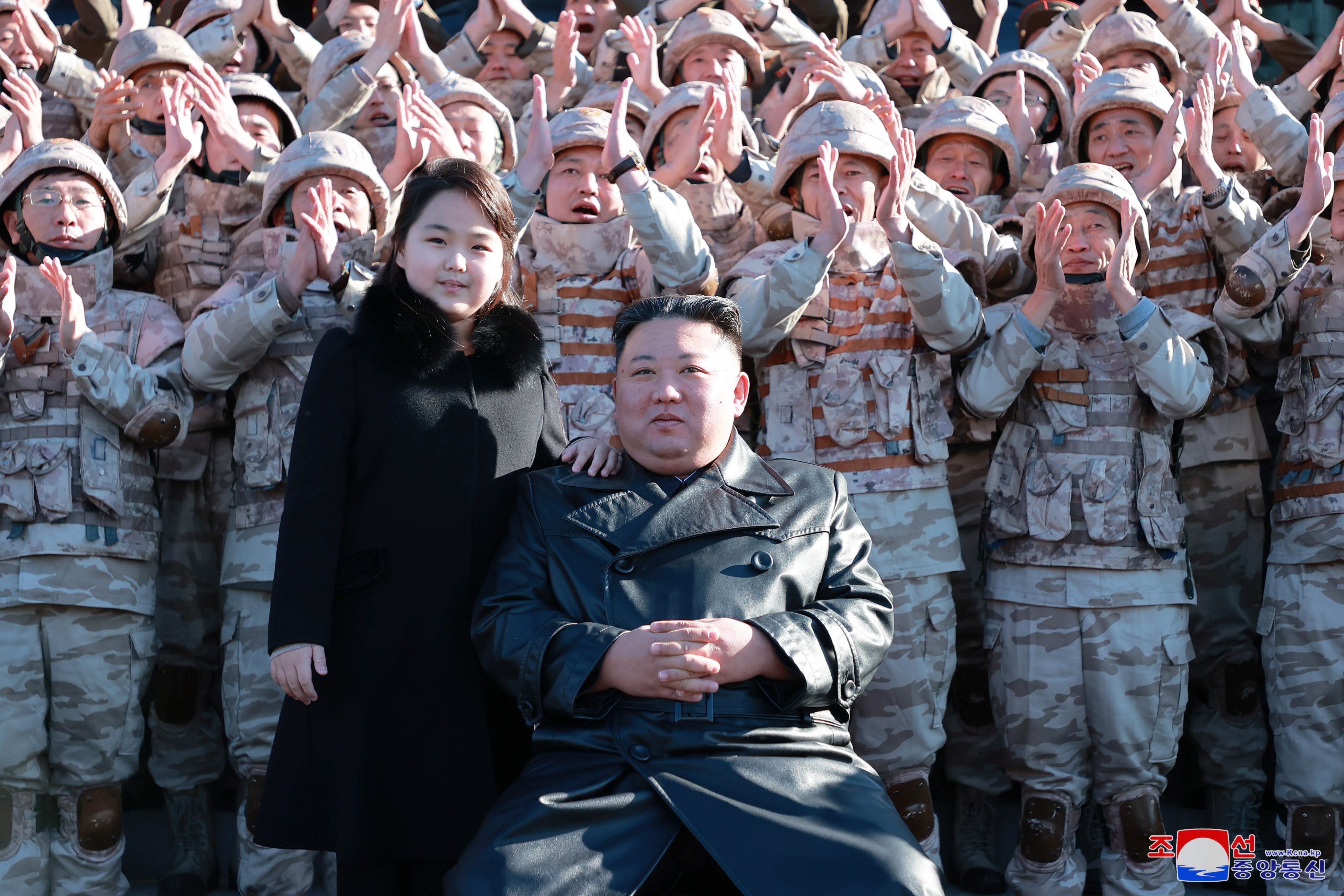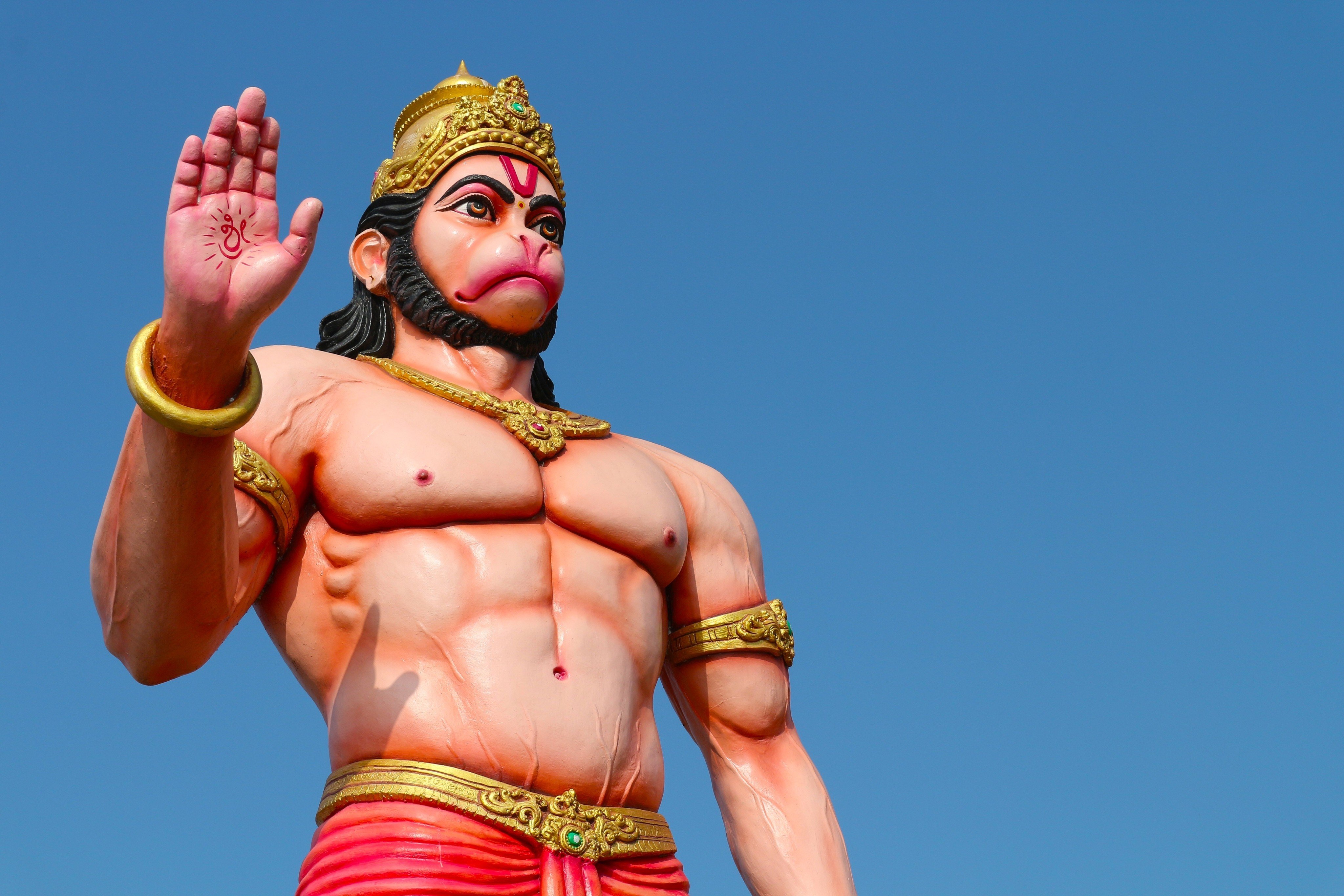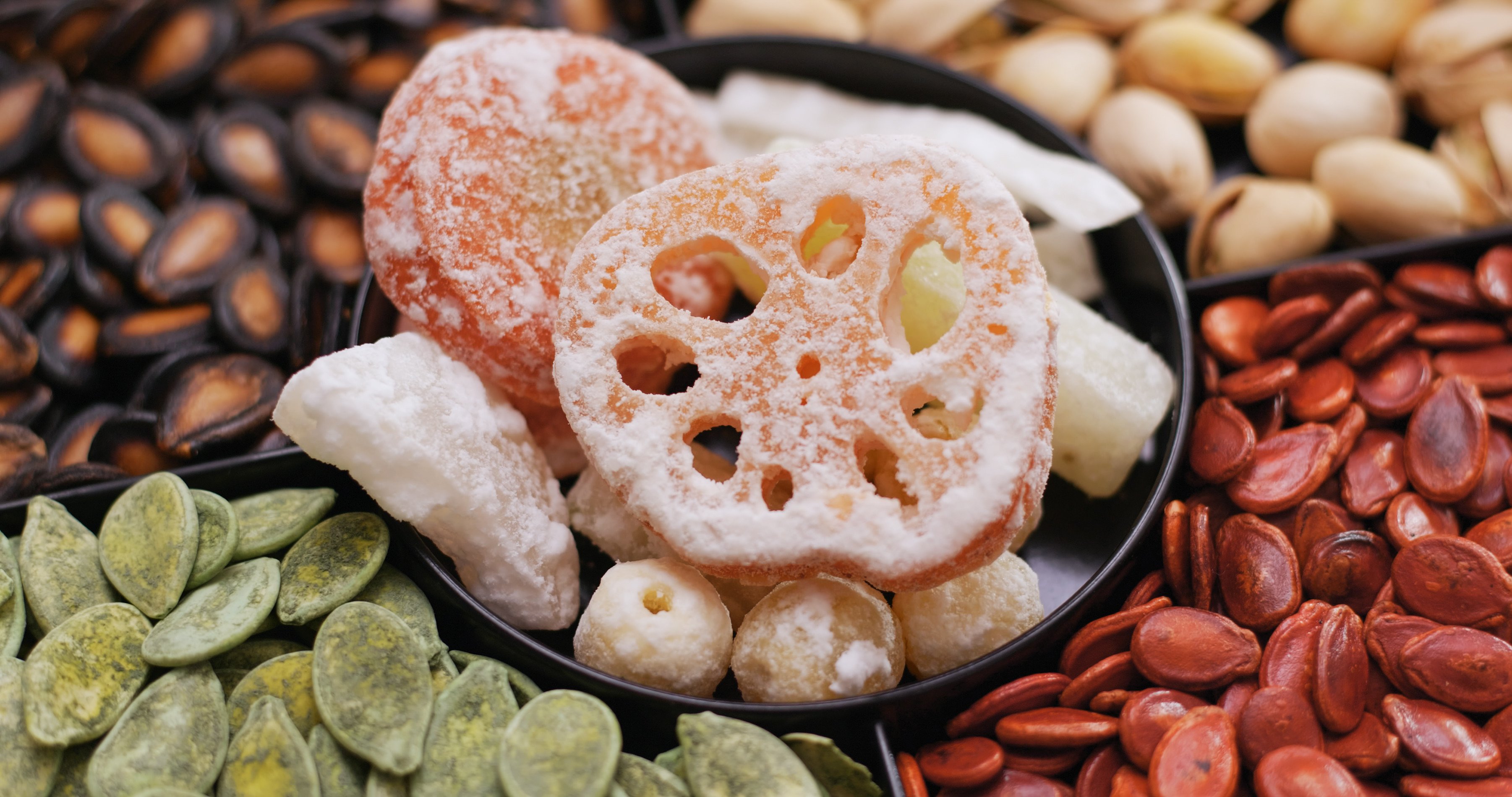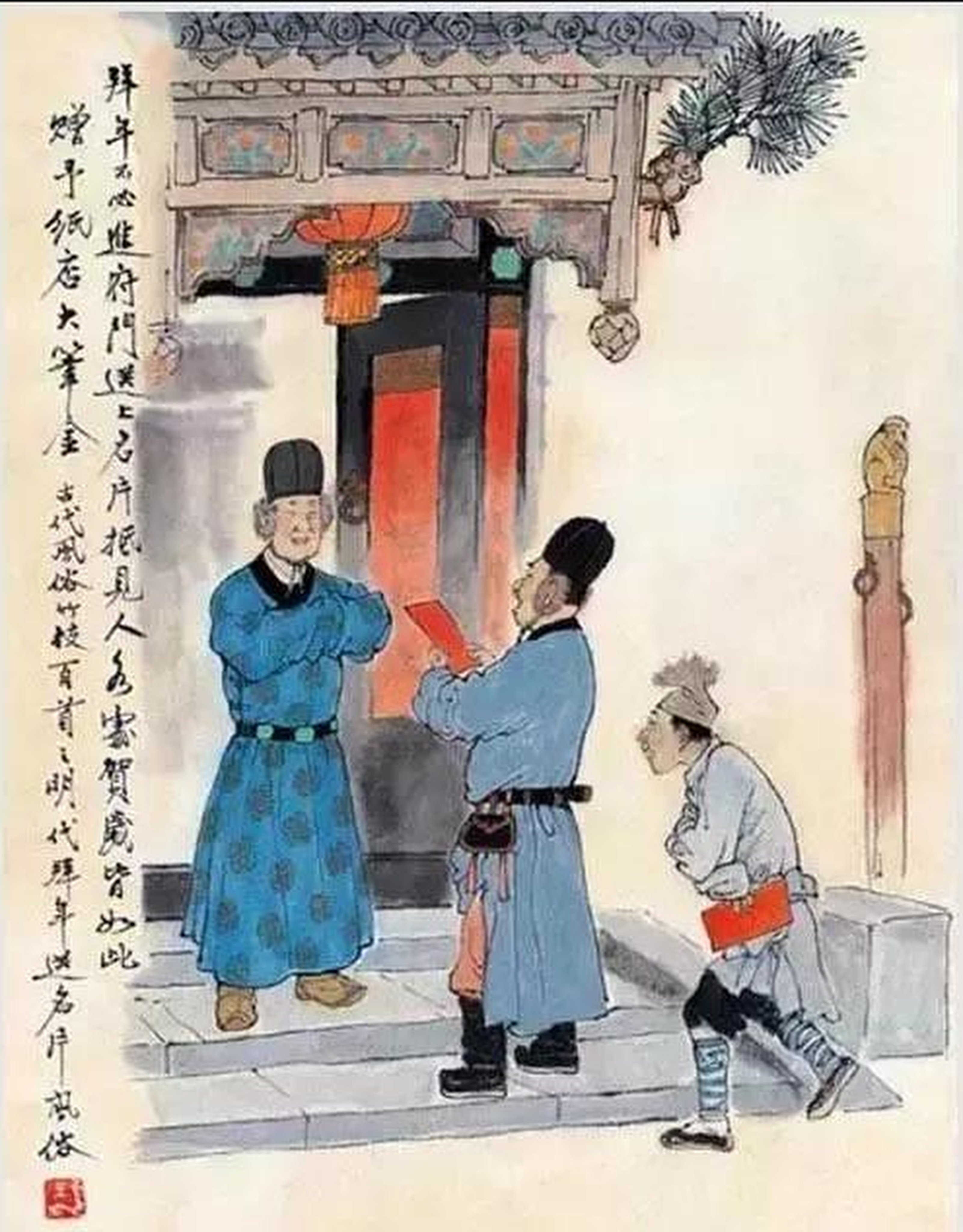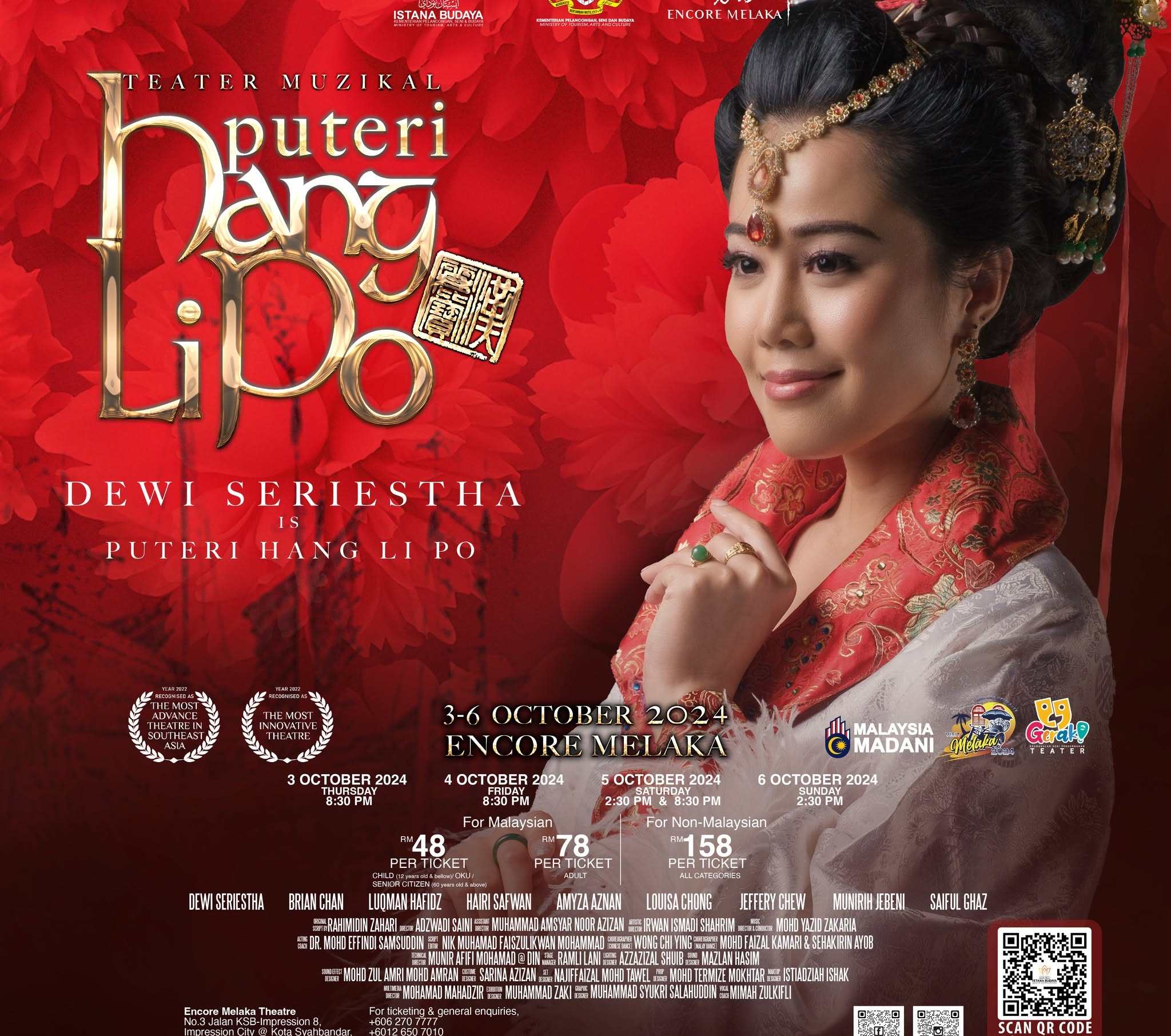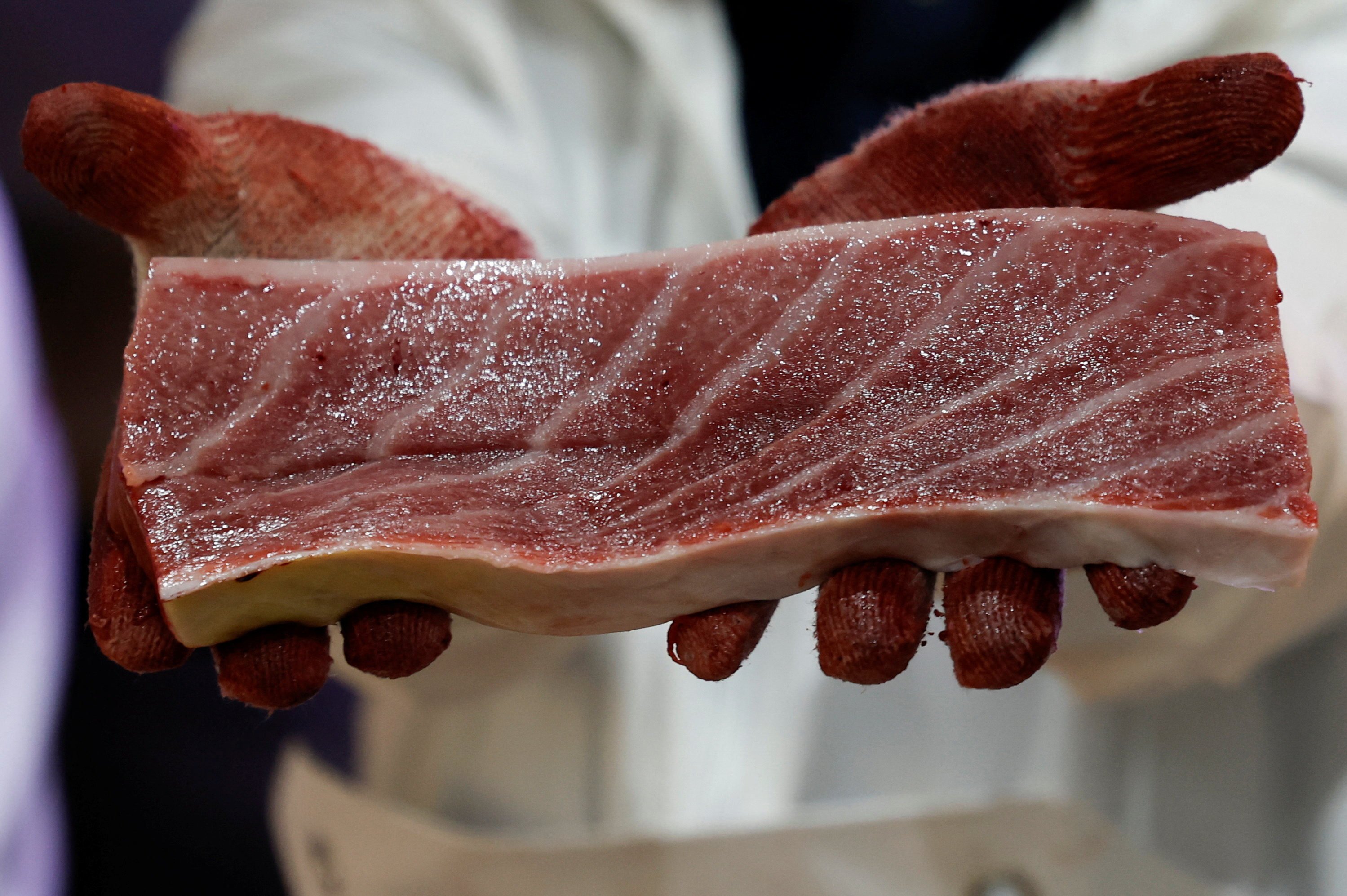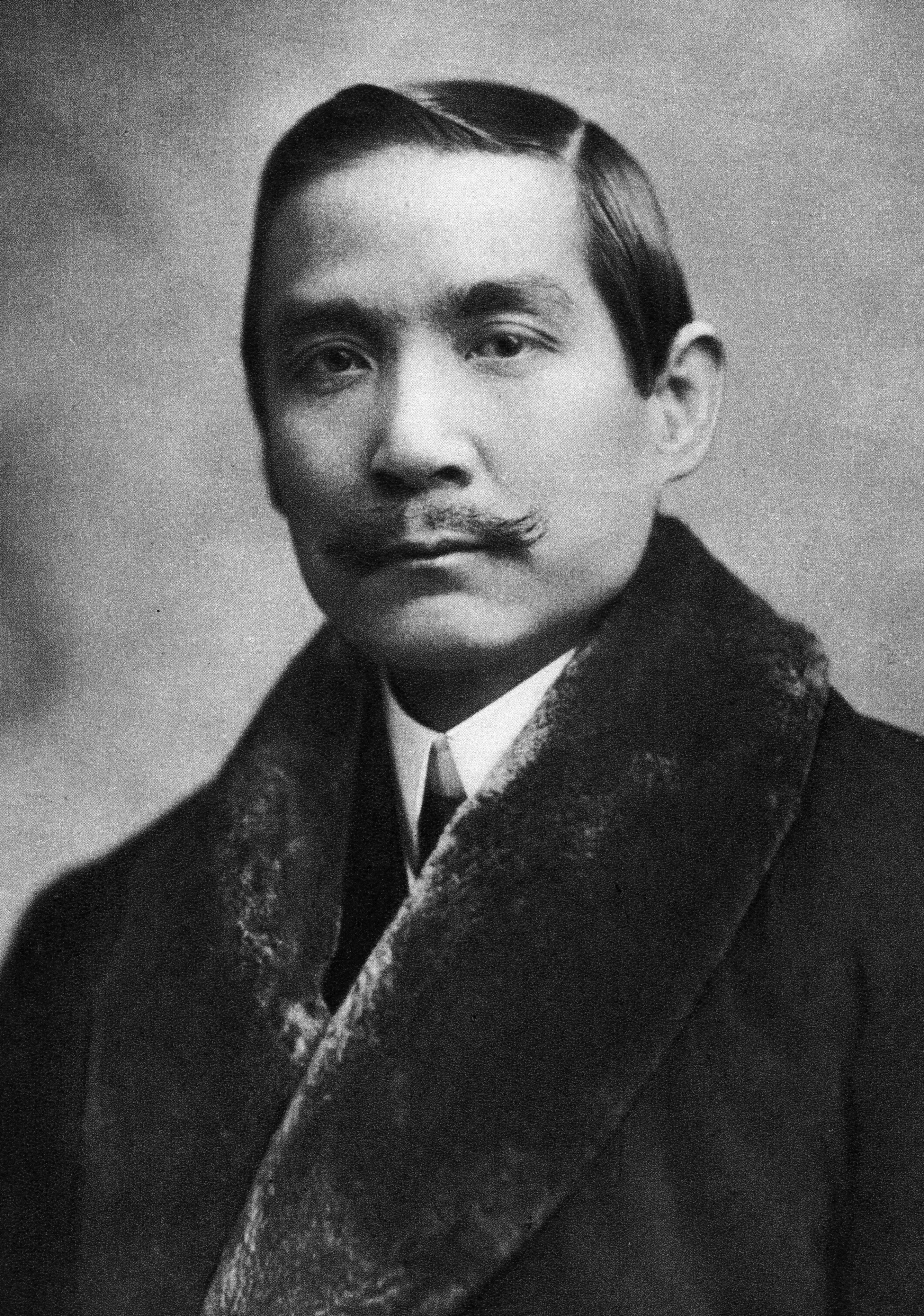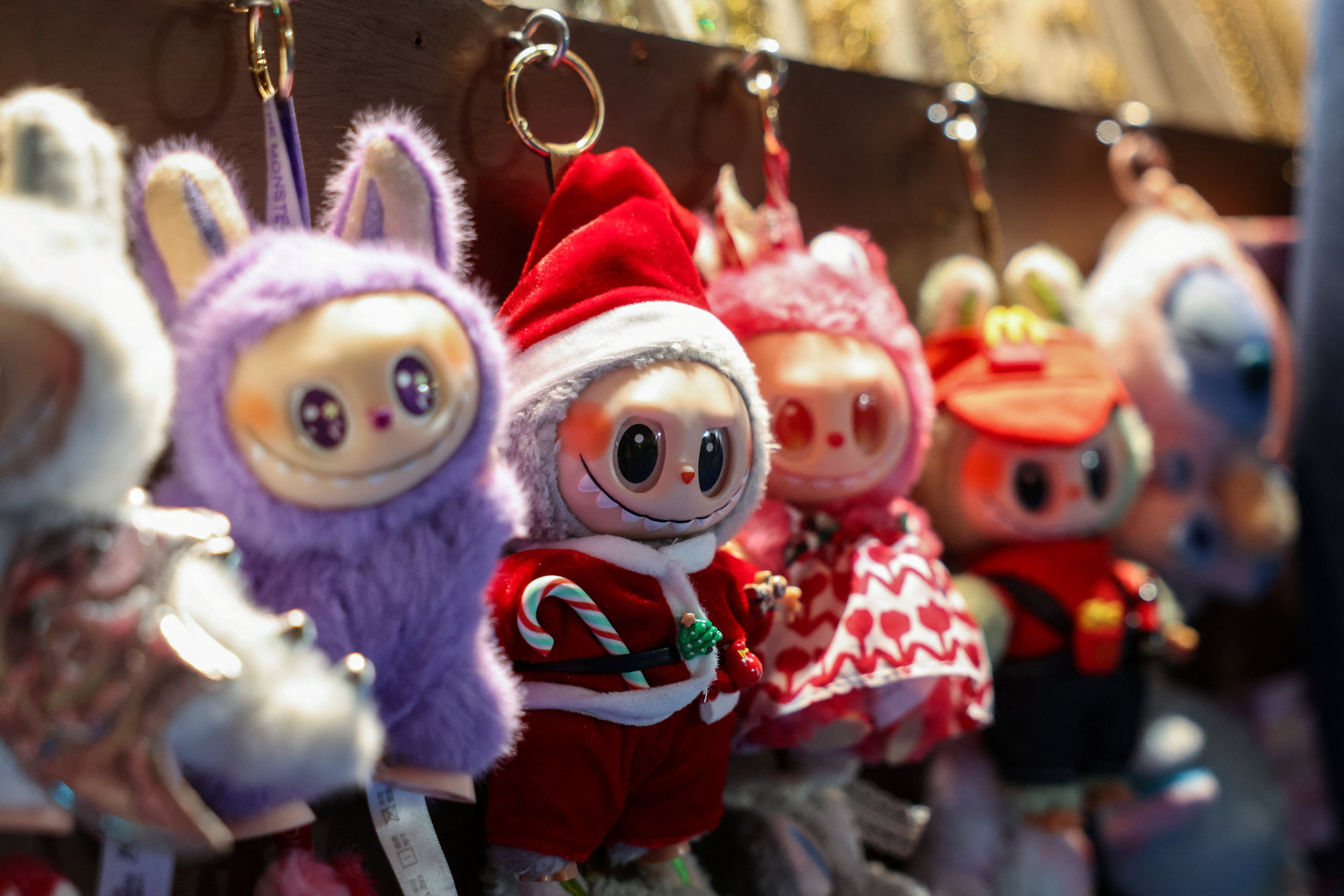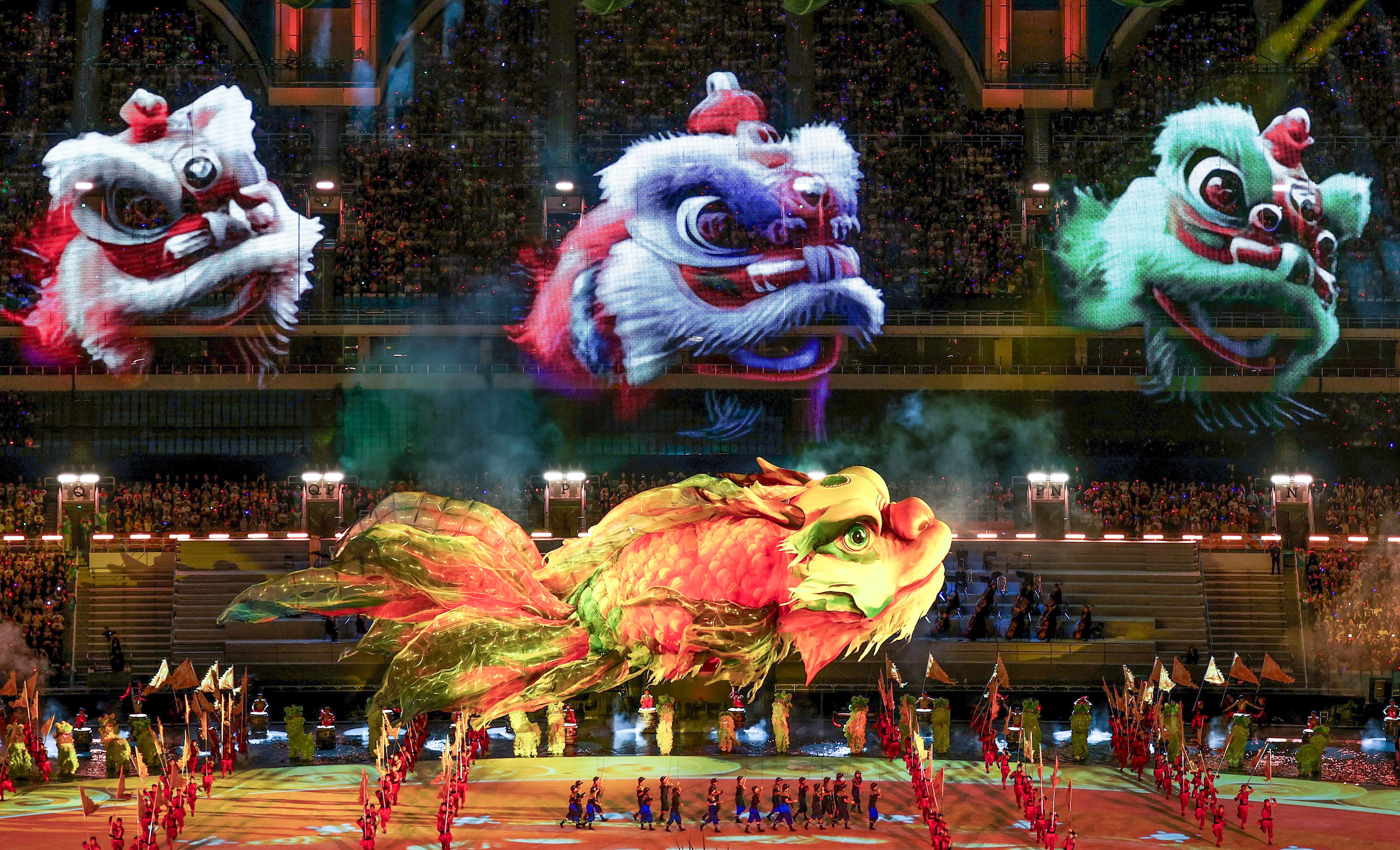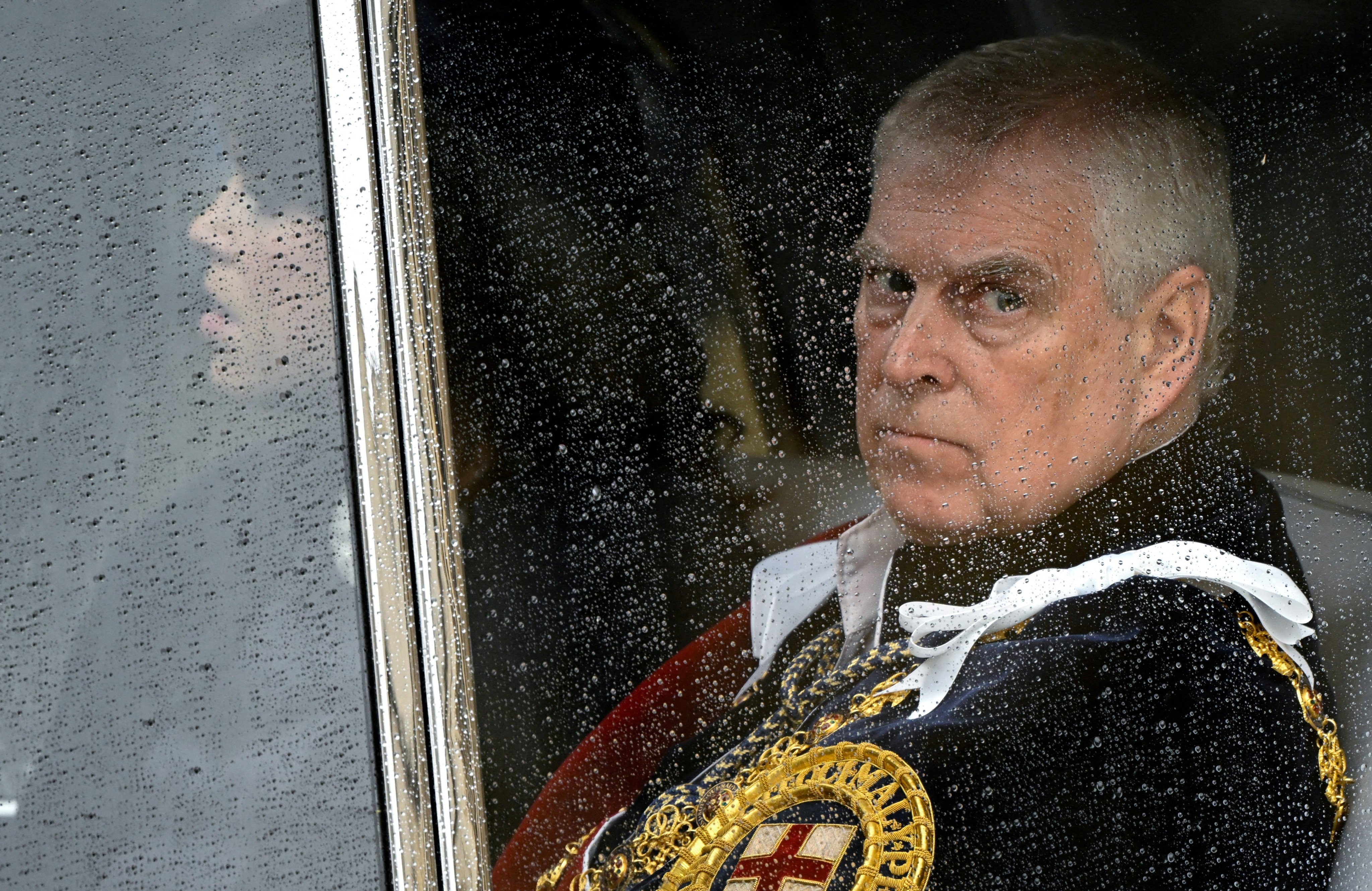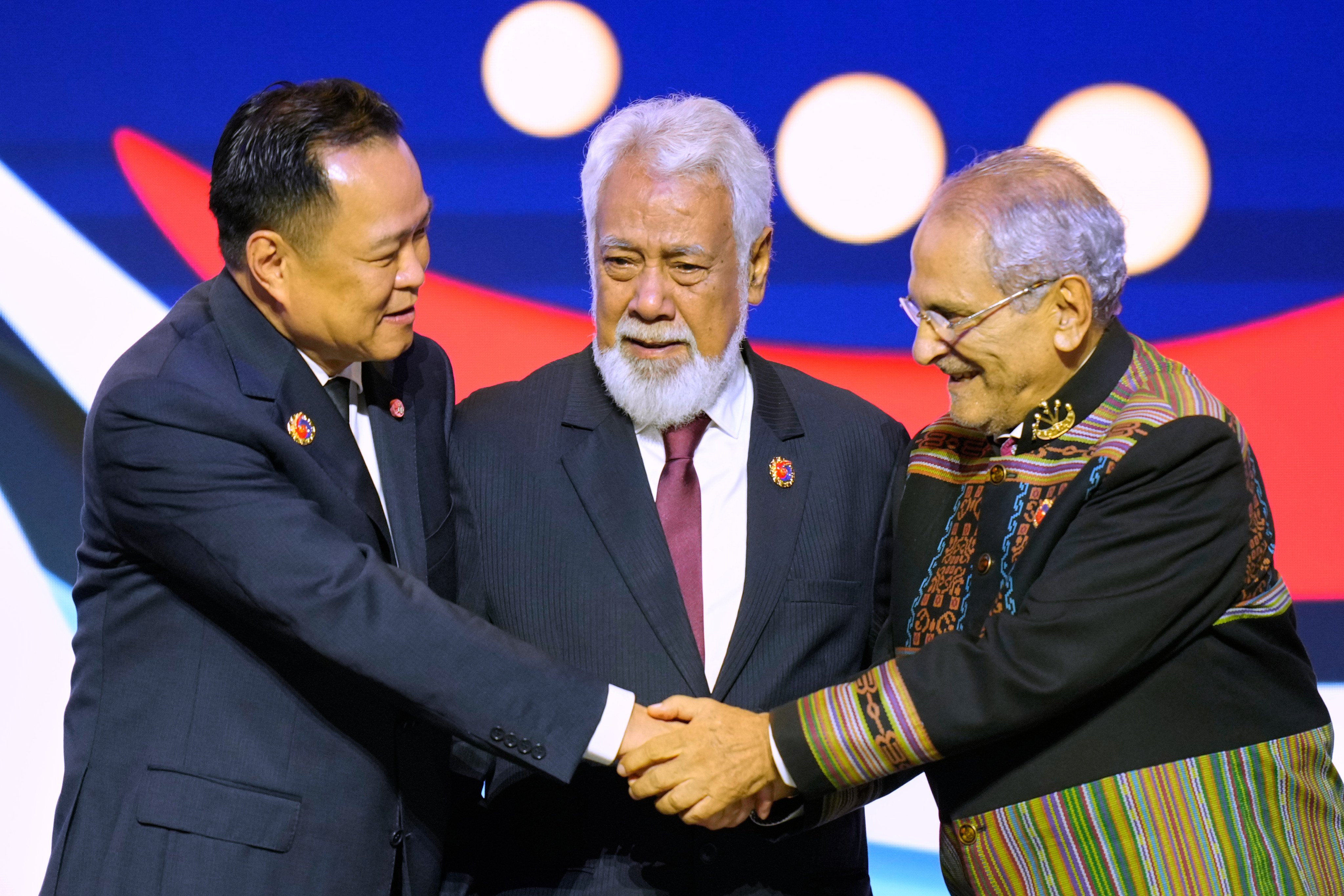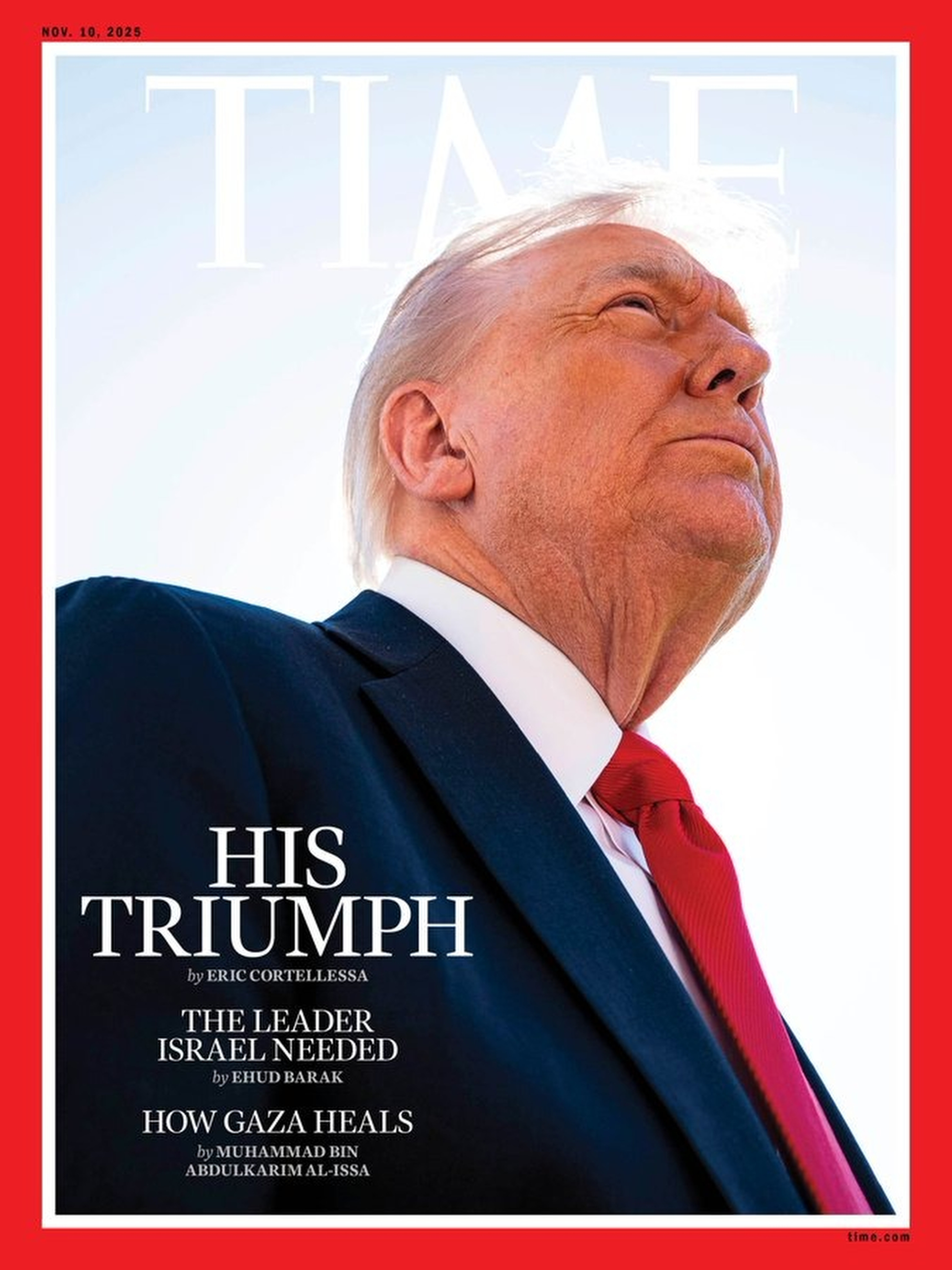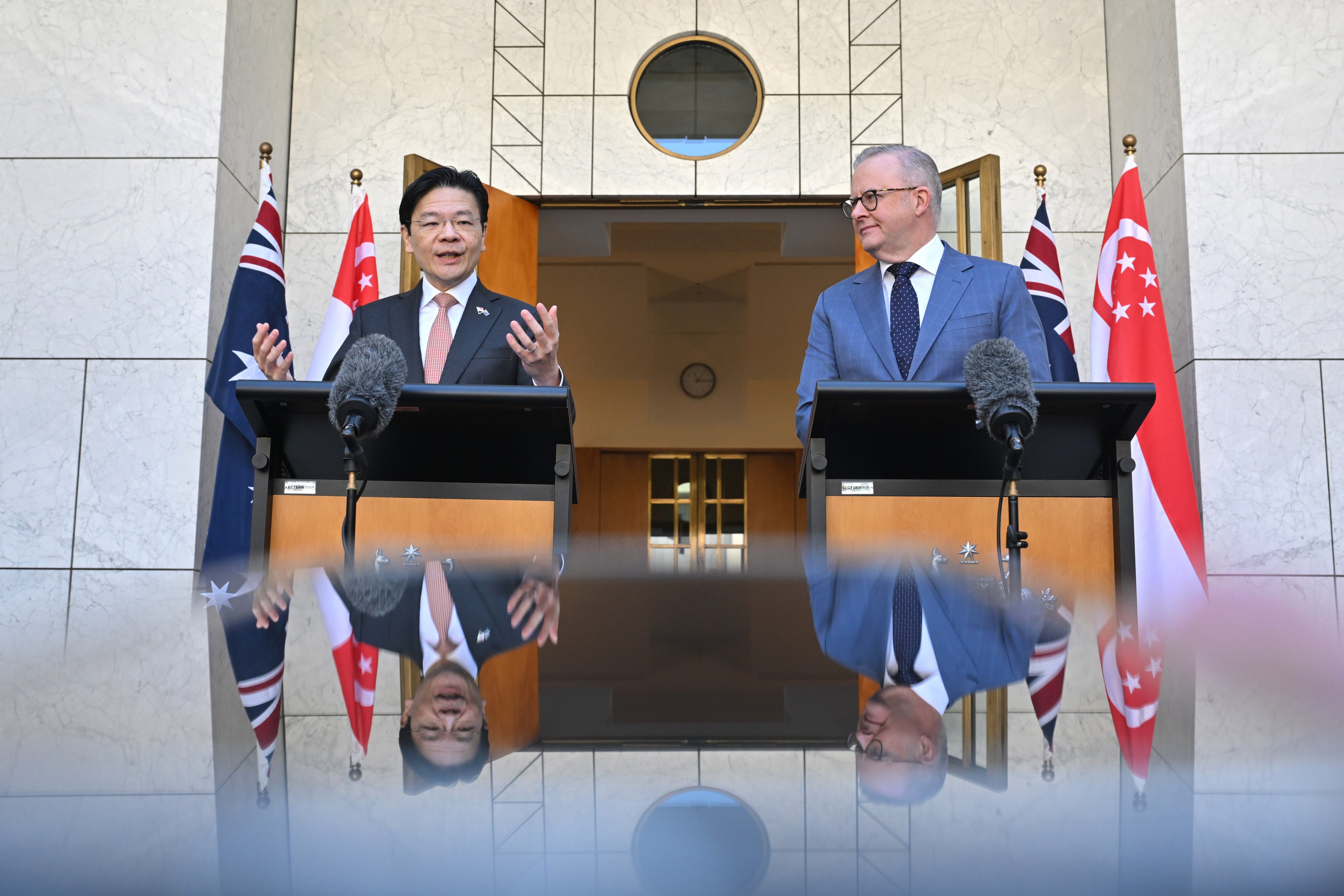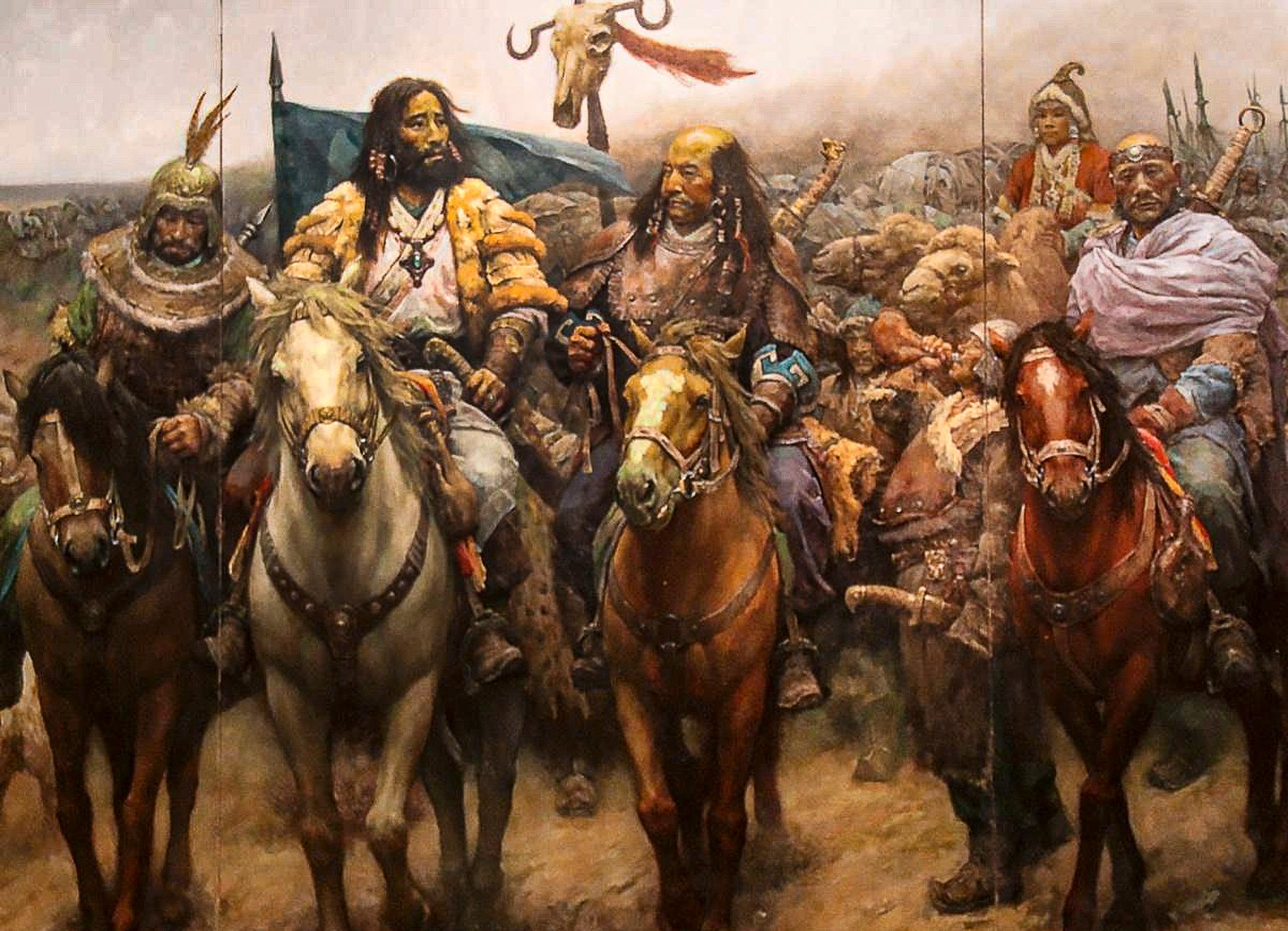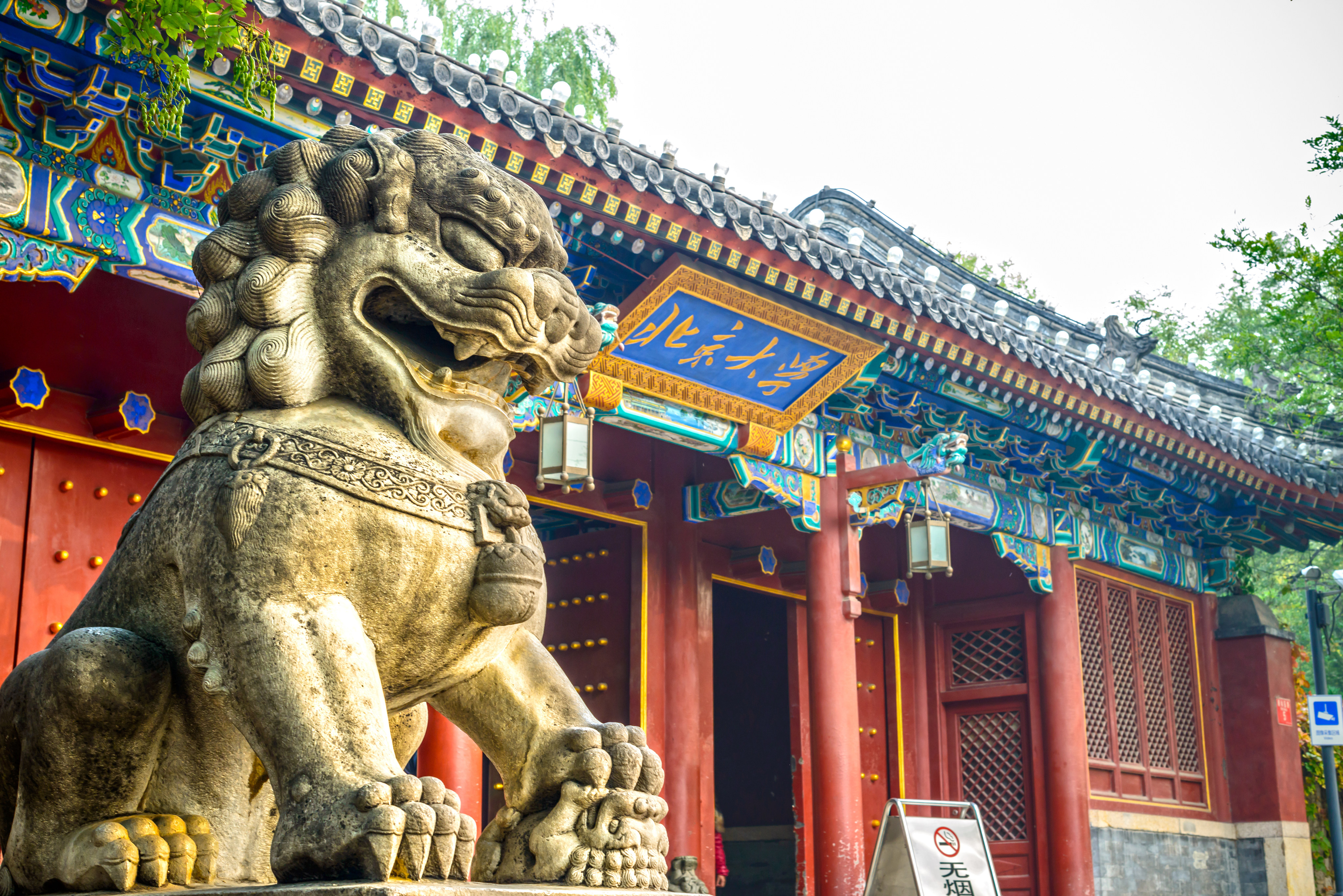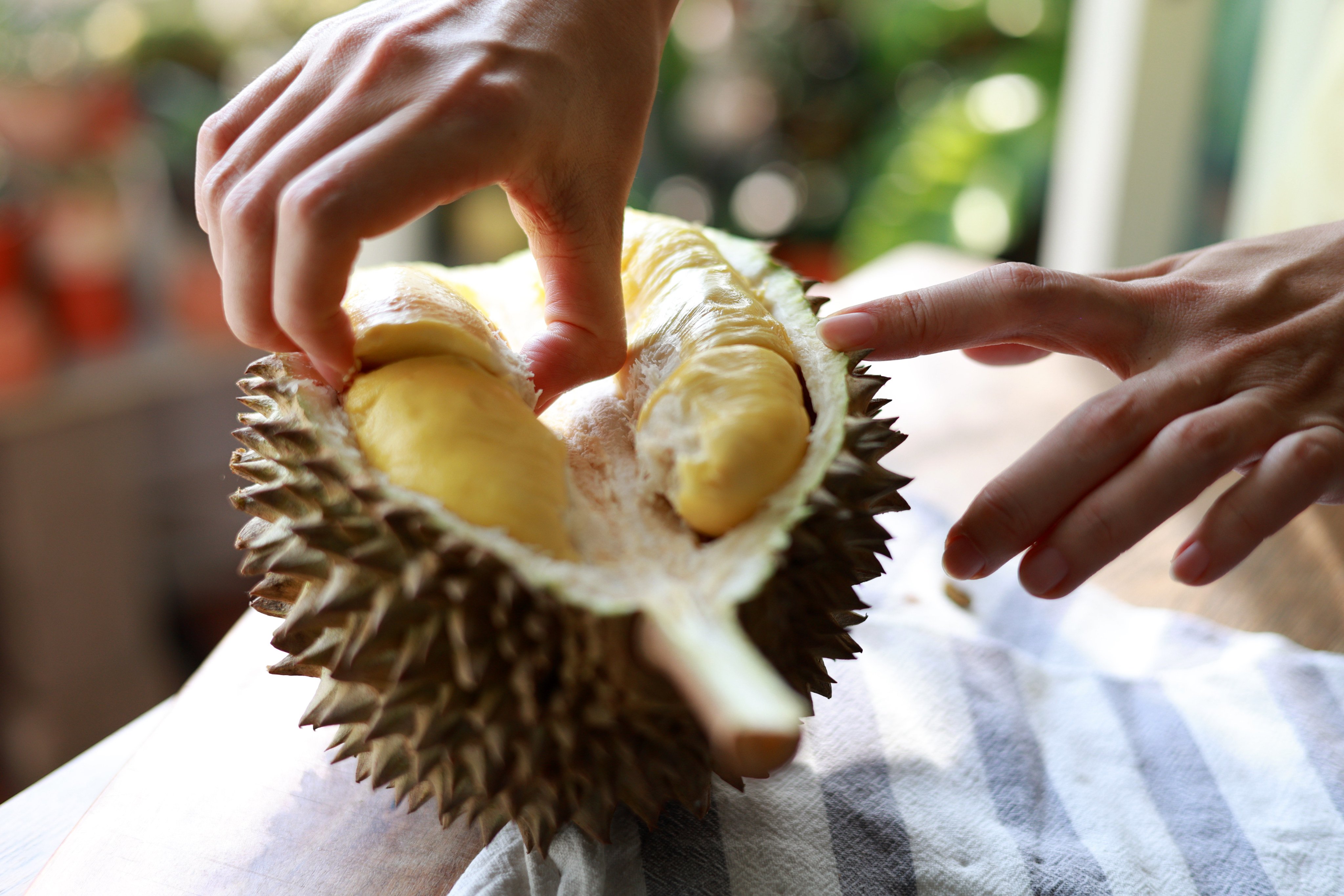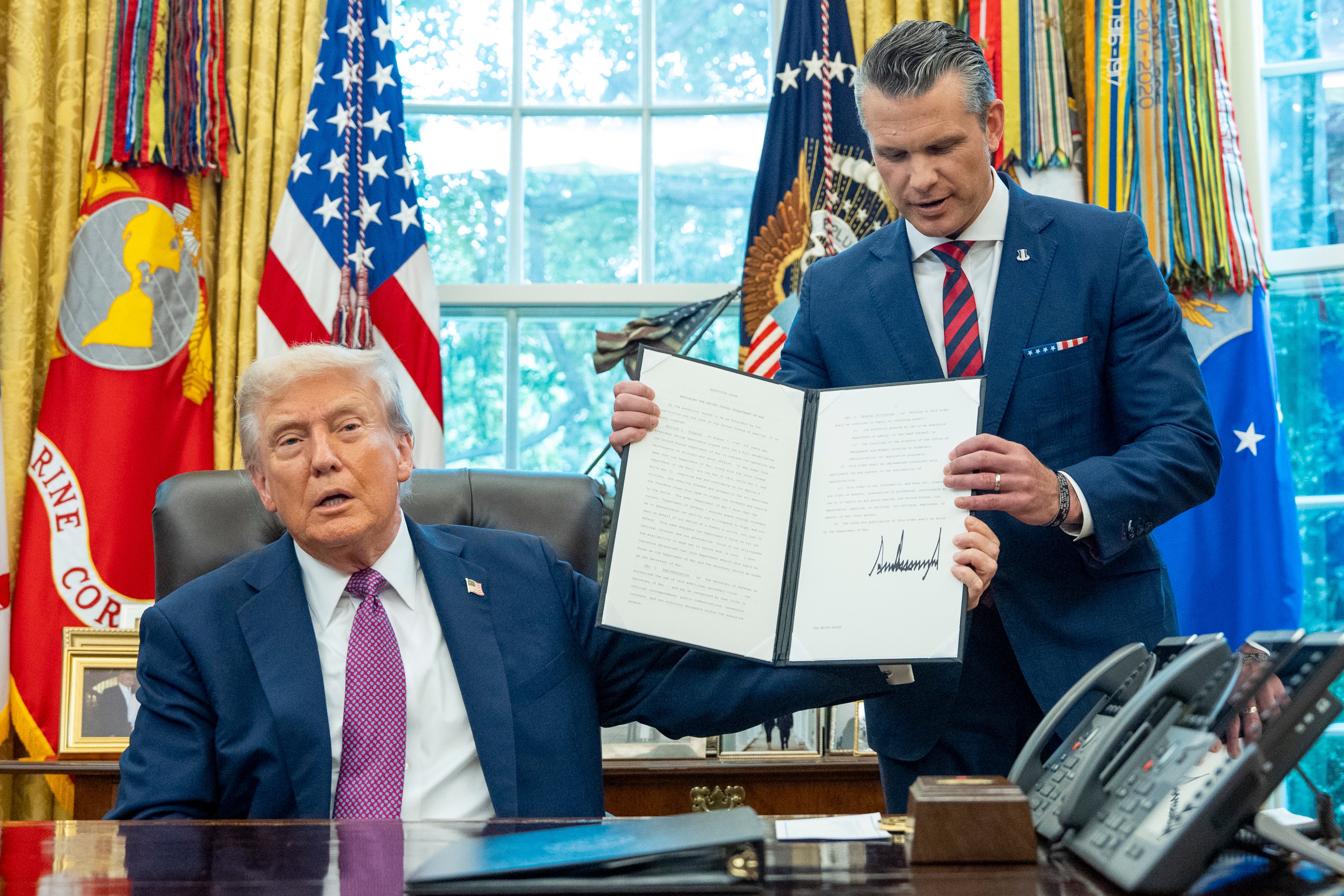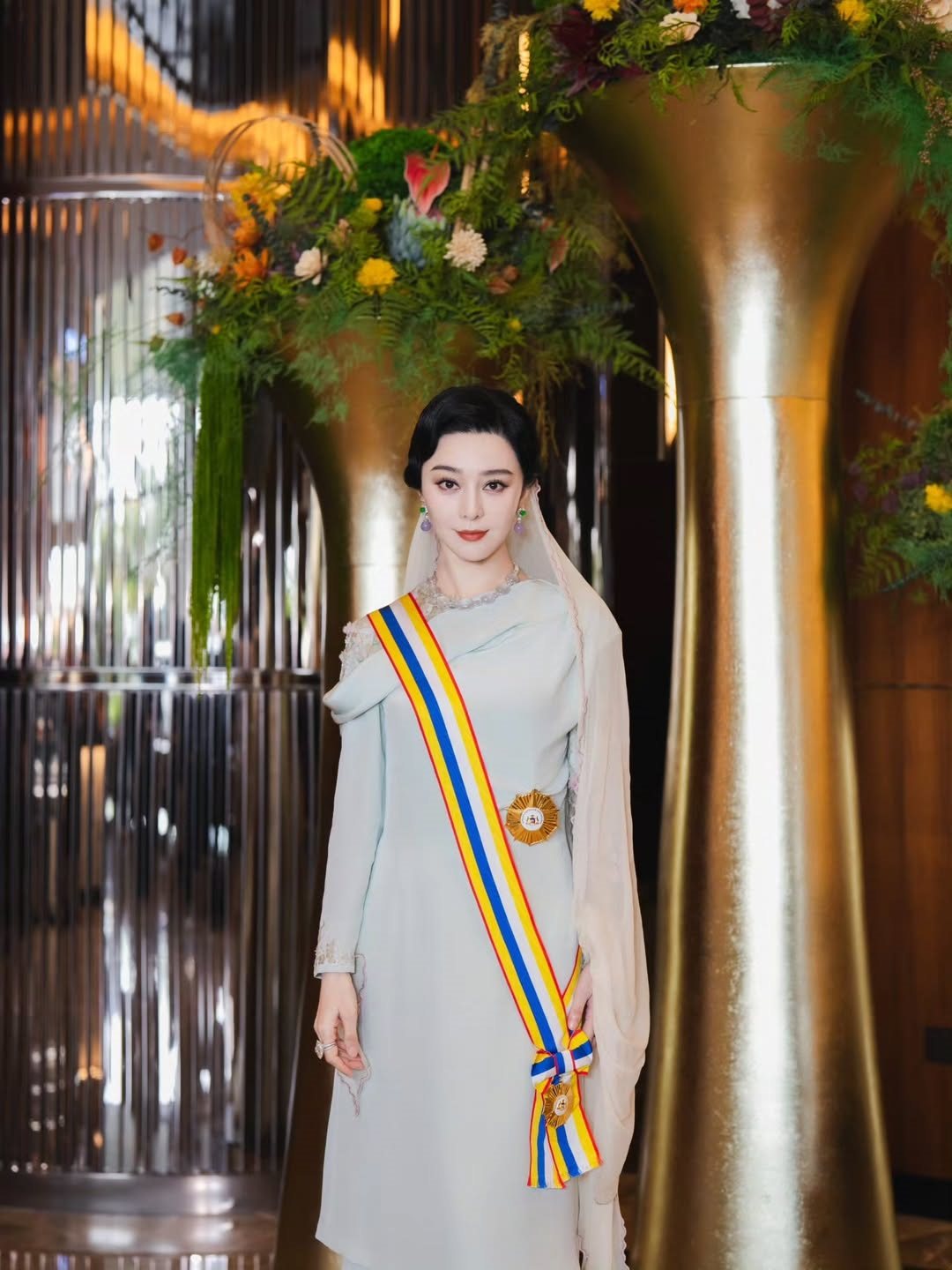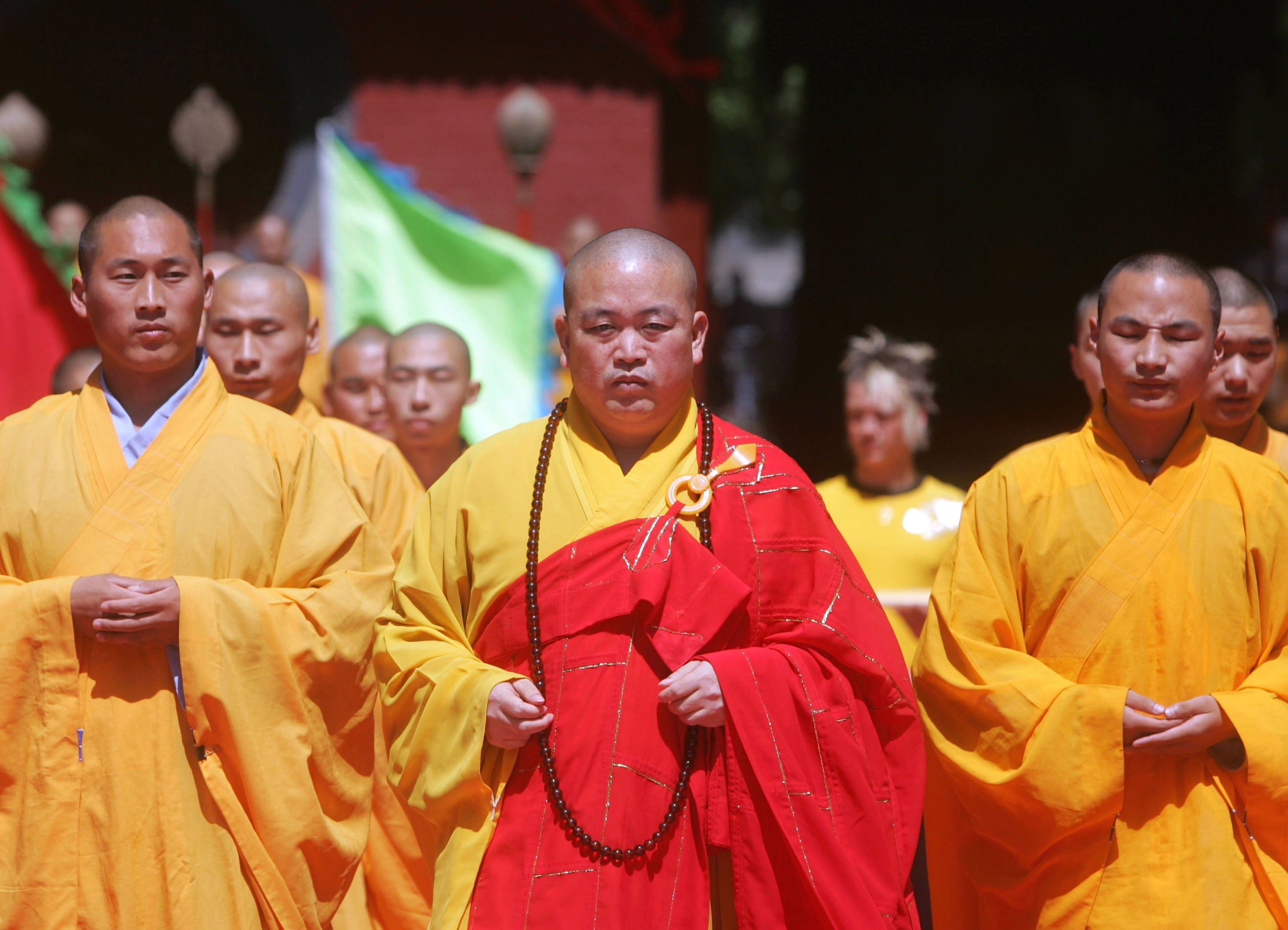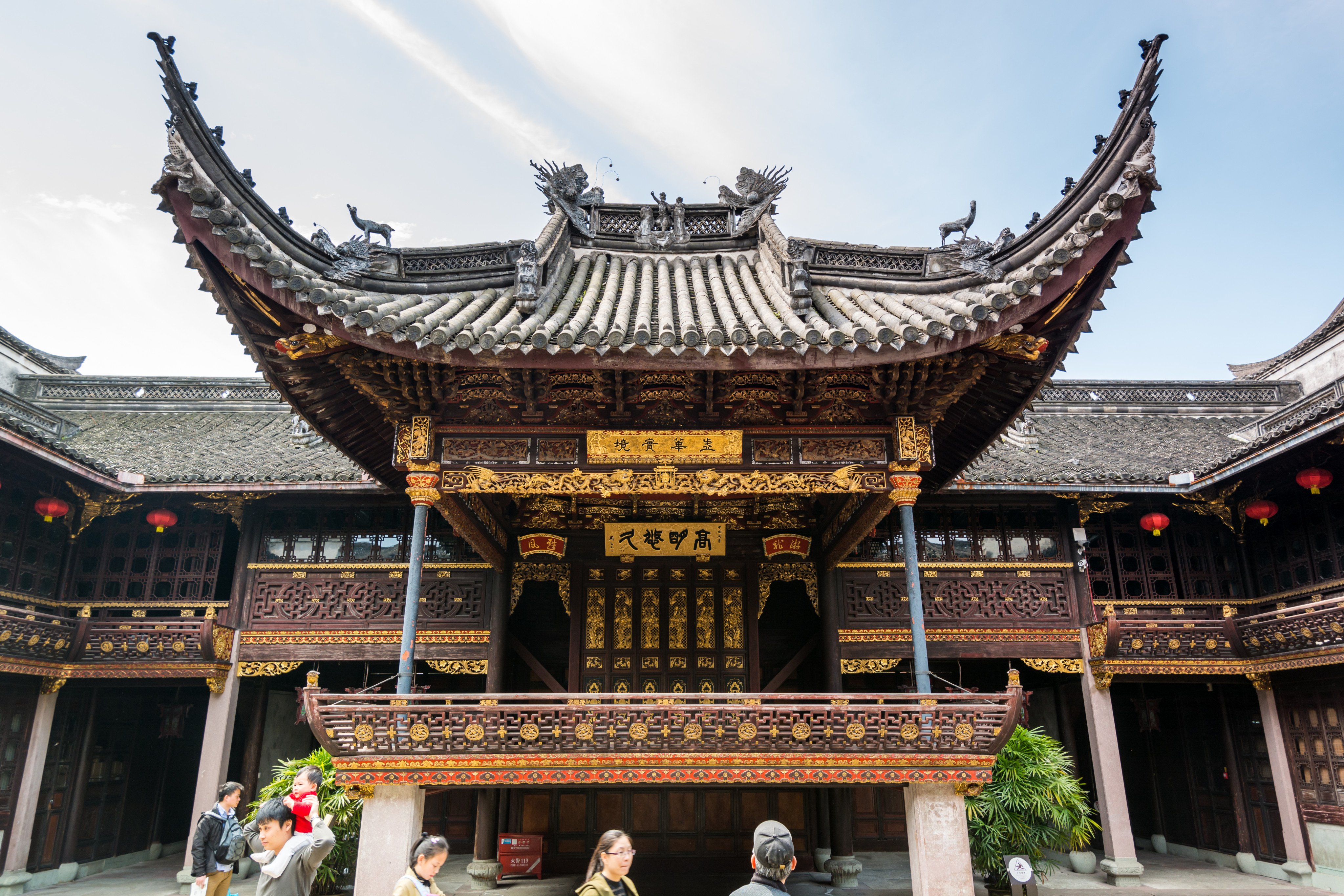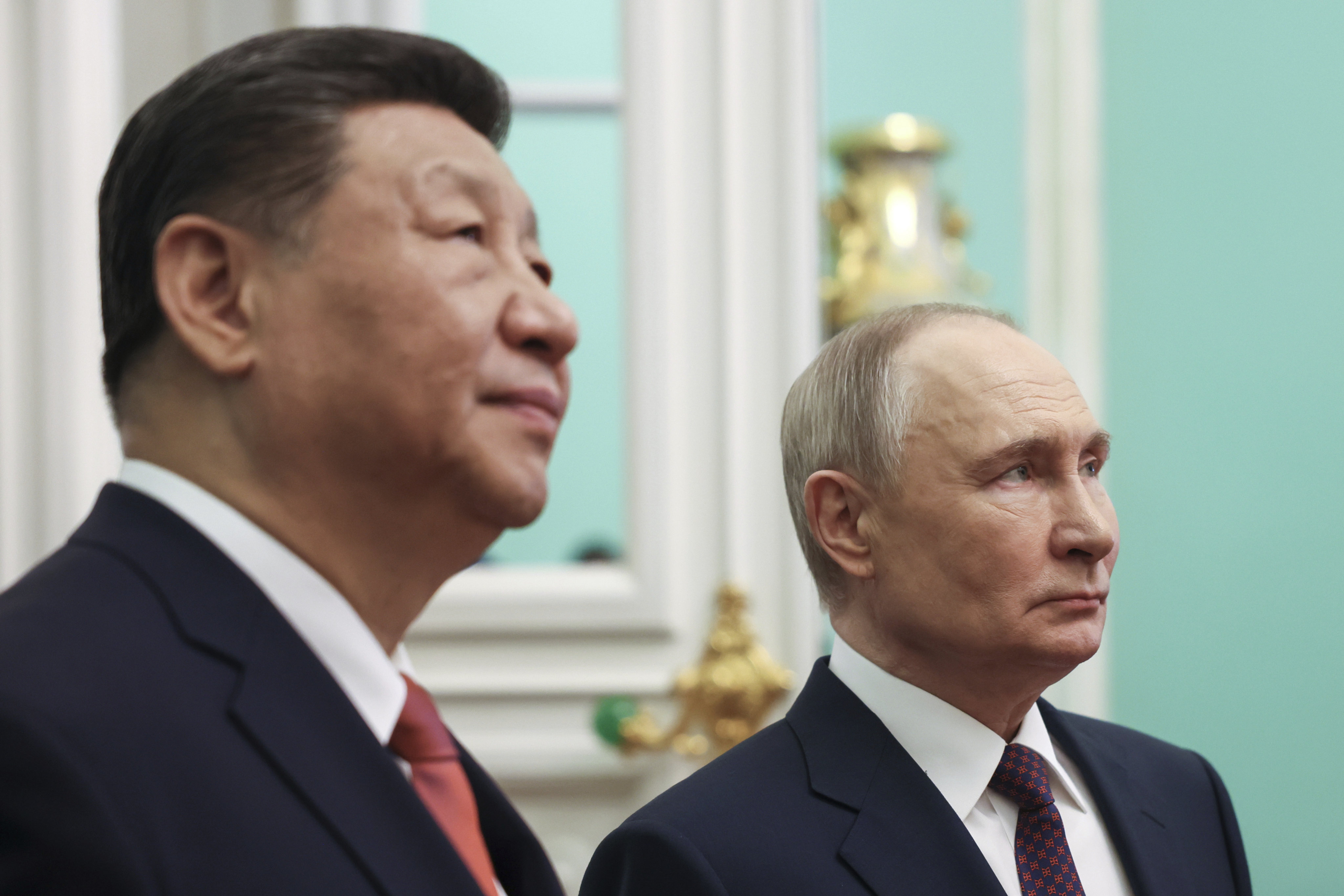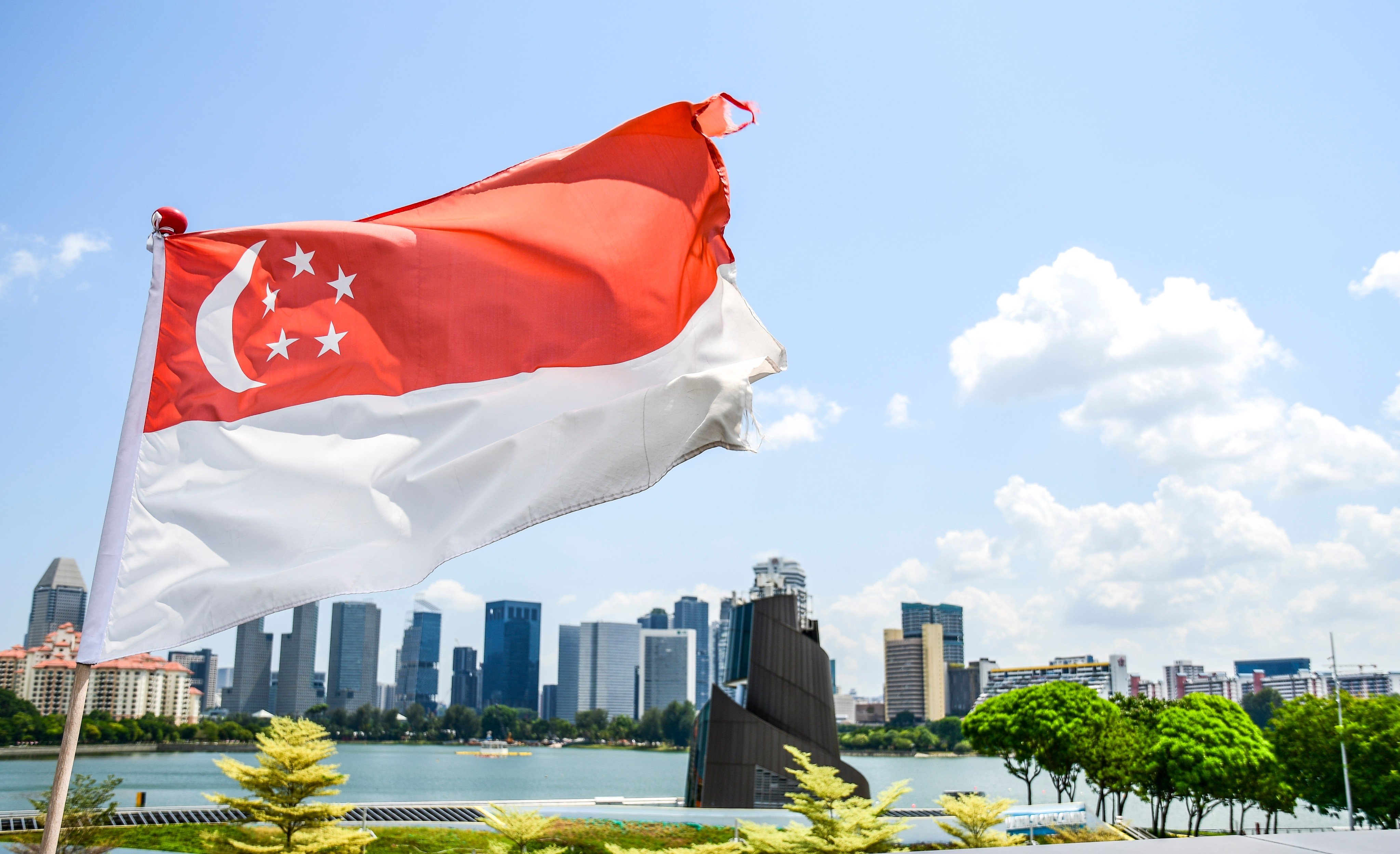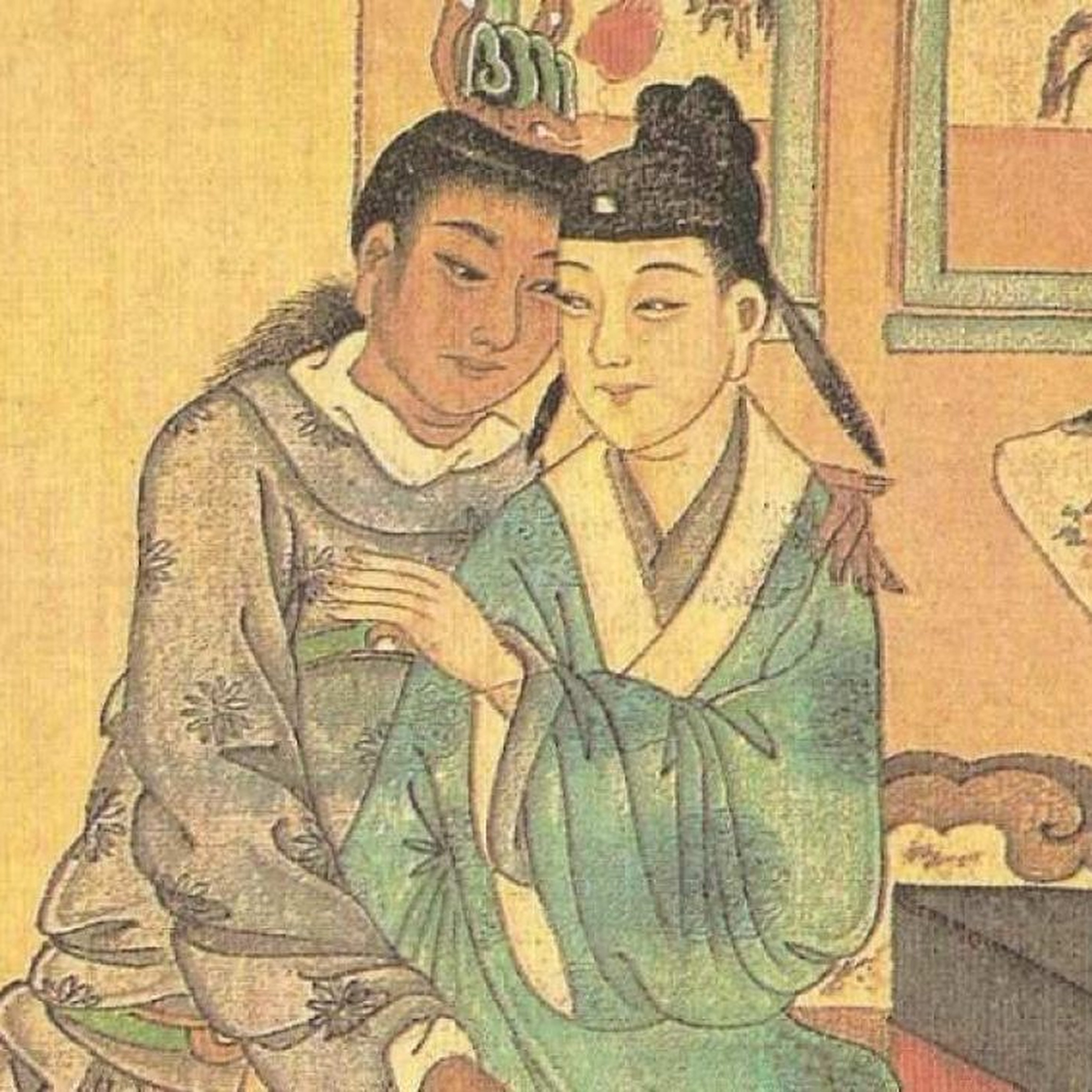Advertisement
Advertisement

Wee Kek Koon
Having lived his whole life in the modern cities of Singapore and Hong Kong, Wee Kek Koon has an inexplicable fascination with the past. He is constantly amazed by how much he can mine from China's history for his weekly column in Post Magazine, which he has written since 2005.
Having lived his whole life in the modern cities of Singapore and Hong Kong, Wee Kek Koon has an inexplicable fascination with the past. He is constantly amazed by how much he can mine from China's history for his weekly column in Post Magazine, which he has written since 2005.
Princess Anle’s radical petition to inherit the throne set in motion a chain of events that would see her decapitated in her own boudoir.
Many Chinese might not know that Buddhist deities like Ne Zha, Sun Wukong and Yanluo Wang are reimaginings of Hindu gods.
Lunar New Year treats in China vary from those in Singapore and Malaysia, for which some question whether they are truly ‘Chinese’.
Wishing someone a happy new year was a highly formal affair among people of status in imperial China and some cards were even collected.
Advertisement
Hang Li Po’s 15th-century marriage allegedly sealed Malacca and China’s friendly relations. Proof of her existence is scant. Does it matter?
The recent sale of the most expensive tuna in Tokyo reflects sushi’s popularity, but an episode in Chinese history shows raw food’s dangers.
From gargling with medicinal concoctions to chewing sticks, people in China addressed dental health with considerable ingenuity.
The ‘ancient Chinese wisdom’ about warm water being good for you is rooted in 20th-century health campaigns, not aeons of tradition.
Like Singapore’s ‘ejection’ from Malaysia, Chinese history contains fallacies, including ones about Sun Yat-sen and Empress Dowager Cixi.
Malaysia was born as a federation in 1963, with some states considered ‘special’. China also once toyed with federal ideals.
Mohele dolls featured expensive ‘special editions’, saw designer collaborations and even inspired cosplay, much like Labubus today.
The qualities that made buildings beautiful in premodern Chinese cities also made them dangerously flammable, and fire was a constant threat.
King Ling of Chu’s preference for his officials to be thin-waisted saw them practically starve themselves in efforts to win royal approval.
Used to train soldiers long before its benefits were taught to regular folk, exercise has become a matter of national resilience in China.
Andrew Mountbatten-Windsor’s fall from prince to commoner mirrors how many disgraced royals in imperial China also lost their titles.
Asean’s consensus-driven approach, based on non-aggression, generally fosters regional peace, unlike the factious alliances in China’s past.
Many monuments built by the emperors of old were architectural marvels and stunning spectacles of power, but perilous in consequence.
The contradictory portraits of Zhu Yuanzhang, one of China’s most controversial rulers, reflect his complex historical image.
Long ago, the Chinese state of Song repeatedly helped end conflicts between powerful neighbours with a diplomatic heft that belied its size.
Christian groups prophesise paradisiacal new beginnings today, but similar visions existed throughout imperial Chinese history.
Zhonghang Yue’s reforming of Xiongnu puts the negative attitude often seen towards Malaysians-turned-Singaporeans into perspective.
From homes to temples, lion figures are ubiquitous in China. Why is an animal that has never lived in the wild there so culturally relevant?
New system to get durians to northern China faster reminds of how lychees were rushed to Emperor Xuanzong’s favourite consort at great cost.
For centuries, the ‘Three Departments, Six Ministries’ system, which included a Ministry of War, was at the heart of China’s governance.
Honorary titles have existed in China for millennia, and apart from a rejection of such notions in the 20th century, are still awarded.
The resolution of the temple’s recent shameful episode is much more civilised than the violent purges of Buddhism in China’s history.
Libraries were the preserve of rulers and officials for much of China’s history, but that started to change at the turn of the 20th century.
China and Russia have forged a deepening strategic partnership in recent years, but relations between the two have not always been so warm.
The Han, Tang, Song, Yuan, Ming and Qing dynasties were some of China’s most prominent. What was happening with them six decades in?
Opponents of Hong Kong’s Registration of Same-sex Partnerships Bill cite traditional values, but China has a history of being more accepting.
Related Topic
Lessons from China's history